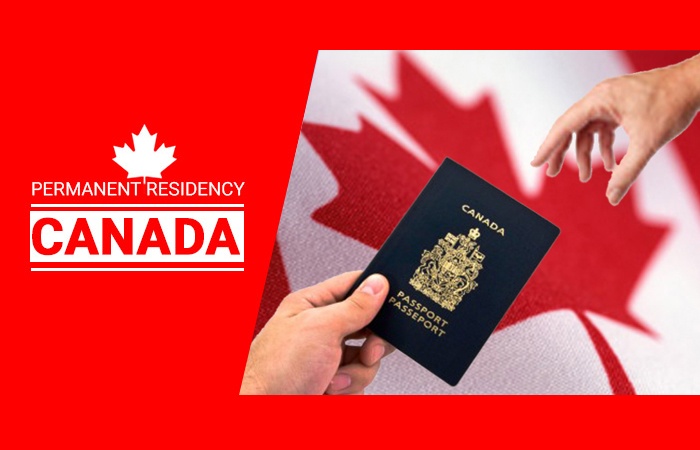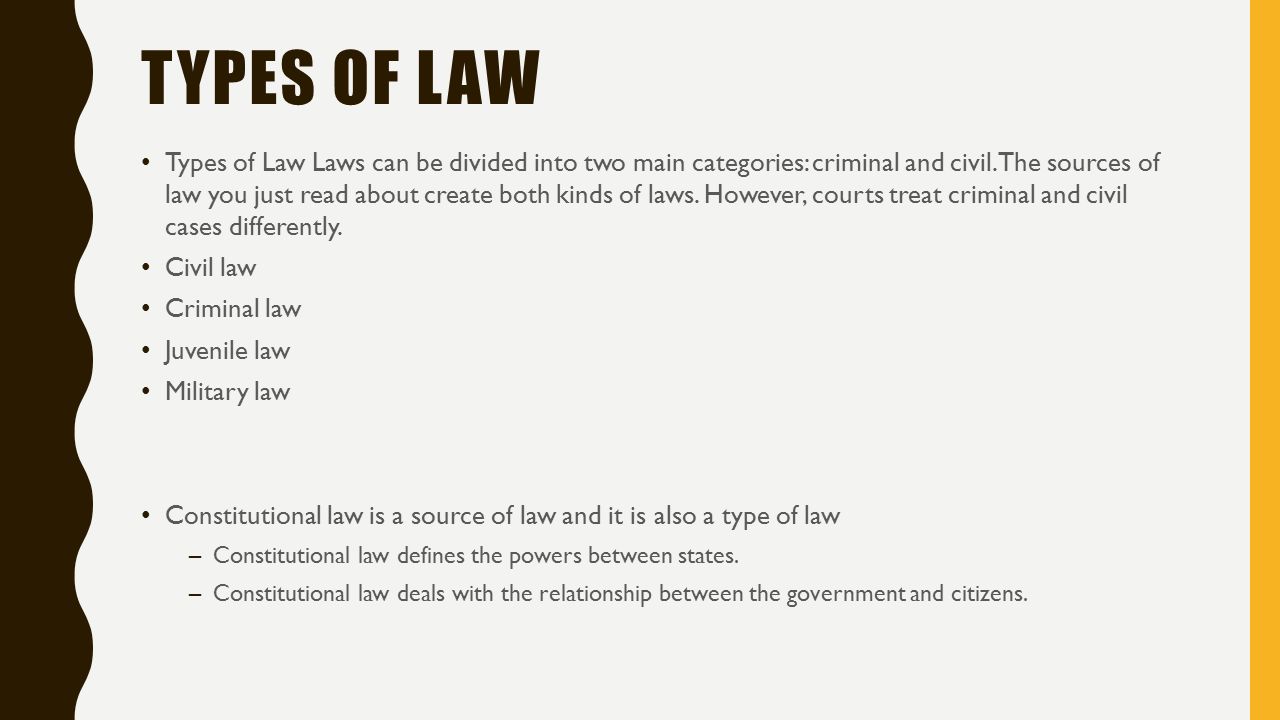Which Law Would You Use to Simplify The Expression?
It is important to understand that laws are not always easy to follow. There are a lot of legal terms that can be difficult to understand. It is very important to know how to interpret the laws in the way that you want to. The law is an important tool in your life and you need to use it to your advantage. The law is not only for criminals but also for those who want to make a living. The law is also used to protect people from criminals. It is important to have the right lawyer to help you with your case.
In this post, we’re going to discuss how to simplify the expression. This is a very common question asked by students in my online courses. If you want to learn how to simplify an expression, you’ll need to understand what the word “expression” means. We’ll be using the word “expression” to refer to a mathematical expression that is made up of multiple variables. This is different from the word “expression” that is used in everyday conversation. In everyday conversation, the word “expression” refers to the way that people speak, the way that they move, and the way that they make faces. If you want to simplify a mathematical expression, you’re going to have to simplify the variables.
Which Law Would You Use to Simplify The Expression?
When you write an expression in English, there are two ways to simplify the expression.
1) You can reduce the number of clauses by using the word all. For example, you can say, “Every student loves to study”.
Or you can say, “All students love to study”.
2) You can use the word every instead of all. For example, you can say, “Every student loves to study”.
Or you can say, “Every student likes to study”.
The first law of expression is the law of simplicity. All things can be expressed in one simple word, sentence, or phrase. A great example of this is the expression “I am fine.” This can be simplified into “I am.” You don’t need anything else. This is very easy to understand. “Good morning” can also be expressed as “Good morning.” No one needs to understand the full expression. You only need the basic meaning.
The expression “I don’t know” is always very common. You can never use it correctly. You can use “I don’t know” if you are referring to a physical object that you can touch and feel. For example, if you are talking about a chair or table, you can use “I don’t know” because you can feel the chair or the table. You can use “I don’t know” to describe a computer or a television because you can touch them.
However, you can’t use it if you are referring to a person or a place. For example, if you say “I don’t know,” you can’t mean “I don’t know who he is.” You can’t say “I don’t know what he wants.” You should never say “I don’t know what she likes.” If you want to say “I don’t know” to someone, you should only say “I don’t know” to him or her. If you say “I don’t know” to your friend, then he or she will think that you don’t care about him or her.
The Law of Attraction.
The Law of Attraction is the idea that like attracts like. It means that everything we give energy to will bring more of itself into our life. If you focus on your best possible future, you will create it.
It is important to note that if we want to have anything material, this law is limited. It only applies to the material world, and its power of it is limited to manifesting things in our physical dimension.
For example, if you think, “I will have the perfect partner and the perfect career”, your mind will create the perfect partner and the perfect career. But that is all.
It is important to note that this law does not apply to love or money. If you want love, the power of the law of attraction is limited to bringing in love into your life. The same applies to money. If you want money, the law of attraction can only bring money into your life.
For some people, this is enough. For others, it may not be enough.
You might want to use the law of attraction to bring in love, but you can also use it to bring in money. It all depends on what you want to create in your life.
So how can you use the law of attraction to bring love into your life?
You can use it to attract the love of your life. You can also use it to attract money and abundance.
You can use it to attract a new job or a promotion. You can also use it to attract money and abundance in your financial life.
You can use it to attract the ideal relationship. You can also use it to attract a good relationship.
You can use it to attract loving family and friends. You can also use it to attract a great friendship.
“Every day we have to face the fact that we are only human.”
It’s hard to believe that every day we have to face the fact that we are only human. Even though we accept it, it’s still a very difficult thing to swallow.
Let’s consider the facts:
We have a limited amount of energy,
We need to sleep,
We need to eat food,
We need to breath,
and We need to pee.
All of these things are necessary to live, and yet we still find ourselves at a loss as to how we are going to handle them all.
Also Read. How To Use the Law of Attraction For Confidence?
How to overcome the fear of public speaking?
1. Visualization:
Imagine yourself delivering a speech with no fear or anxiety. Close your eyes and imagine yourself as if you are actually delivering the speech. What do you see? Do you see yourself being relaxed? Do you see your audience reacting positively? How does it make you feel? Do you feel that you are ready to deliver a speech without fear? If so, then you are ready to overcome the fear of public speaking.
2. Practice:
You must practice this visualization exercise until it becomes automatic and you no longer have to visualize.
3. Mental rehearsal:
You must rehearse the speech in your head. Say the speech to yourself repeatedly while keeping a calm and clear mind.
4. Relaxation:
You must relax. Your body and mind must be calm and relaxed. You may feel some discomfort during the delivery of the speech, but you need to deal with the discomfort. This will prevent you from getting scared and anxious.
5. Distraction:
You must distract yourself from thinking about the speech. Listen to music, watch movies, play games, read books, take a bath, or have fun with family and friends.
6. Rehearsal:
You must rehearse the speech again.
7. Confidence:
You must believe in yourself. Believe that you will deliver the speech with confidence.
8. Support:
You must ask for help from family, friends, or anyone who knows you well and loves you.
9. Reward:
You must reward yourself when you feel that you have achieved a certain goal.
10. Ask for help:
You must ask for help from someone who will listen to your speech.
Conclusion!
In conclusion, the key to simplifying a complex language is by breaking down the language into its simplest form. If you can do this, it will make it easier to memorize the entire sentence. The same applies to laws, too. You can easily break down a complicated legal statute into its simplest form. The more you understand the legal language, the more comfortable you will be when you encounter new laws. This article will show you how to do this in the context of the Supreme Court.
When you are using mathematical expressions, you should always look at the results. If the results seem too complicated for you to understand, or if you don’t understand them, try and change the wording. In the end, you will always find simpler expressions.

 Business2 years ago
Business2 years ago
 Tips & Tricks2 years ago
Tips & Tricks2 years ago
 Law2 years ago
Law2 years ago
 Technology2 years ago
Technology2 years ago
 Business2 years ago
Business2 years ago
 Business1 year ago
Business1 year ago
 Lifestyle2 years ago
Lifestyle2 years ago
 Technology2 years ago
Technology2 years ago







